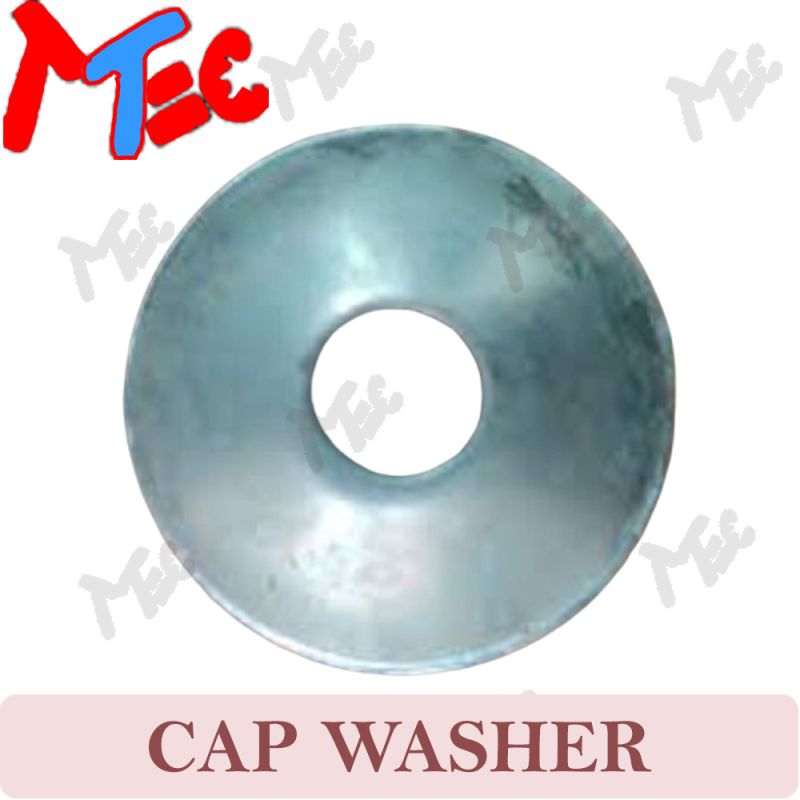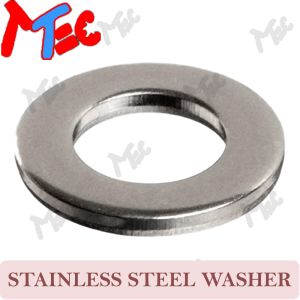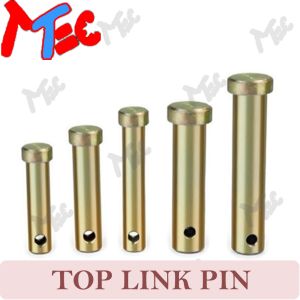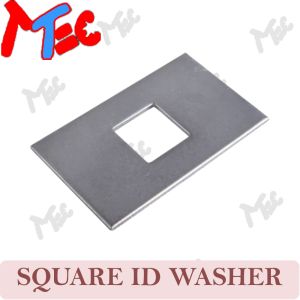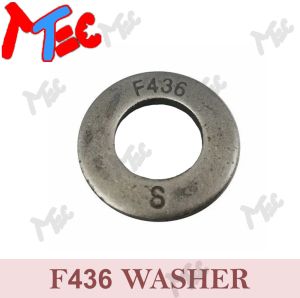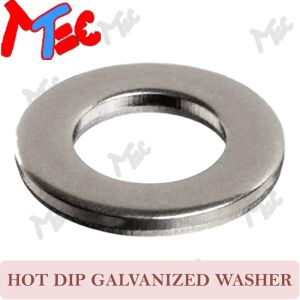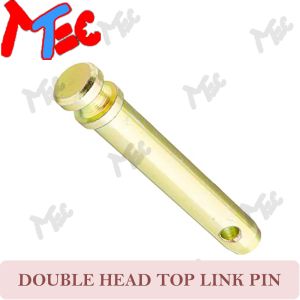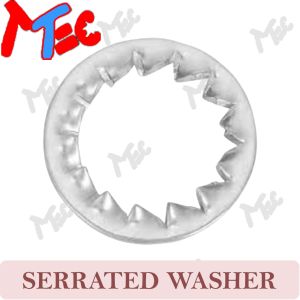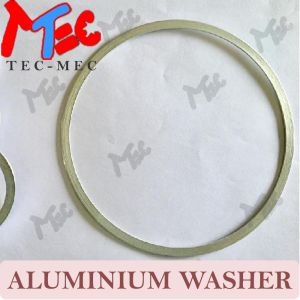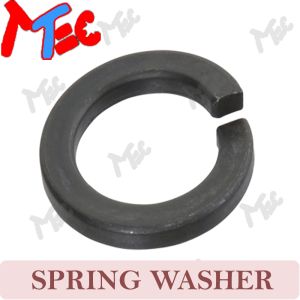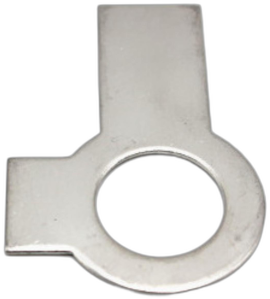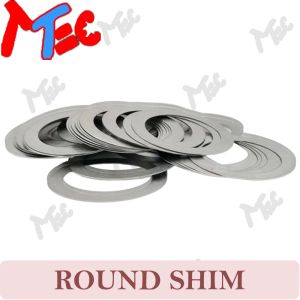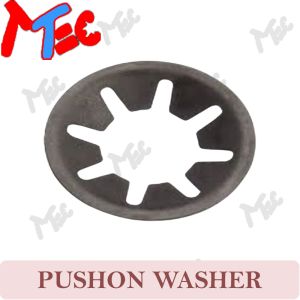+91-9888800376, +91-8837664395
| Business Type | Manufacturer, Exporter, Supplier |
| Material | Iron |
| Shape | Round |
| Color | Silver, Shiny Silver, Metallic, Grey-Golden, Grey, Golden, Black, Chrome |
| Click to view more | |
Preferred Buyer From
| Location | Worldwide |
Product Details
A Katori washer is a type of washer that is commonly used in various mechanical and construction applications. The term "Katori washer" is sometimes used in the Indian market or other regional contexts to describe a specific design of washers that are used to prevent the loosening of fasteners, like bolts or nuts, due to vibrations and other forces. While there may be slight regional differences in the naming and design, Katori washers generally refer to flat washers or lock washers with a unique, rounded shape that may resemble a bowl or a dish, which is why they are often called "Katori" (meaning bowl or cup in Hindi). These washers are designed to distribute the load of a fastener and prevent damage to the material or surface that is being fastened. Key Features of a Katori Washer: Shape: The Katori washer has a shallow, cup-like or bowl-like shape. This design helps distribute the pressure applied by the fastener more evenly across the surface it is tightening. Material: Katori washers are typically made from steel, stainless steel, or mild steel (MS). The material used depends on the application, as corrosion resistance or strength may be a factor in material selection. Function: The primary function of the Katori washer is to distribute the load of a fastener across a wider area, reducing the risk of damage to the surface being fastened. It also helps in preventing the fastener from loosening due to vibrations or pressure. Load Distribution: Because of the slightly raised, cup-like shape, the Katori washer can effectively absorb and distribute the pressure from the fastener to prevent indentation or damage to softer materials, such as wood or aluminum. Size and Thickness: Katori washers can come in a variety of sizes to match different bolts and screws, and their thickness can vary depending on the load-bearing requirements of the application. Applications of Katori Washers: General Mechanical Assemblies: Used in machines or equipment to distribute the pressure evenly across a surface when a bolt or screw is tightened. Automotive: Common in automotive applications to help secure fasteners in areas where there is vibration, preventing damage to surfaces or fasteners from loosening over time. Construction: In construction, Katori washers are used to distribute pressure when bolts are used to fasten parts of structures, such as beams or panels, without damaging the material. Heavy Equipment: They are often used in heavy machinery to ensure that the fasteners remain secure, preventing potential loosening or surface damage due to continuous use or vibration. Advantages of Katori Washers: Even Pressure Distribution: The bowl-like design ensures that the load from the fastener is spread out, minimizing the chances of surface damage or deformation. Protection: Helps protect the surface of the material being fastened, especially softer materials that could be damaged by the direct pressure from a bolt or screw. Vibration Resistance: In addition to load distribution, Katori washers help prevent fasteners from loosening in areas subject to high vibration, similar to other types of lock washers. Durability: Made from durable materials like steel or stainless steel, Katori washers can withstand significant pressure and environmental stress. Differences from Other Washers: Katori Washers vs. Flat Washers: Flat washers are used primarily for distributing load and preventing damage to the surface, but Katori washers typically have a more pronounced, curved shape, offering better load distribution in some applications. Katori Washers vs. Lock Washers: Lock washers (such as split, toothed, or spring washers) are designed specifically to prevent fasteners from loosening due to vibrations, whereas Katori washers are more focused on load distribution and surface protection, although they may still have some locking effect. Common Uses: Machinery and Equipment: To ensure secure and safe assembly of mech
Looking for "Katori Washer" ?
Explore More Products
Our Blogs


